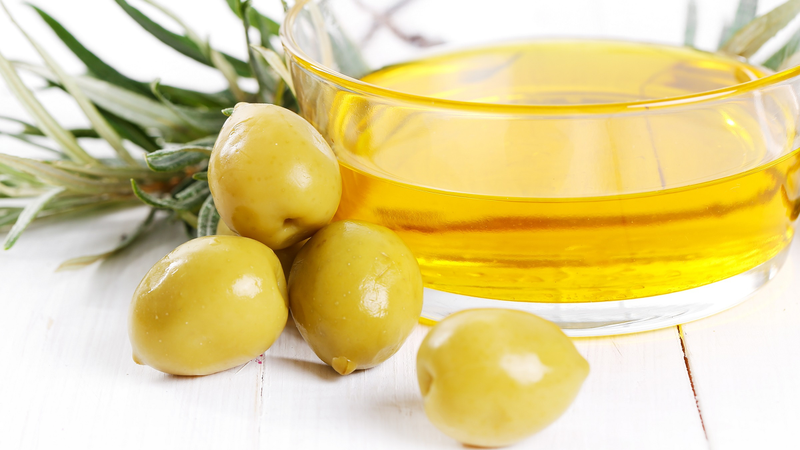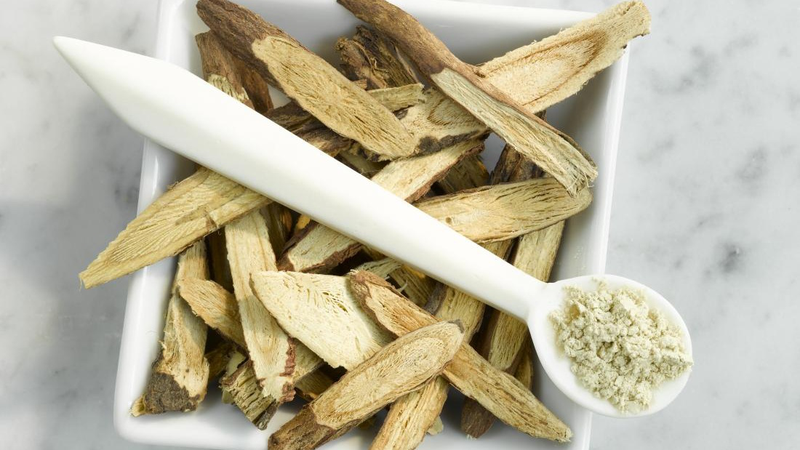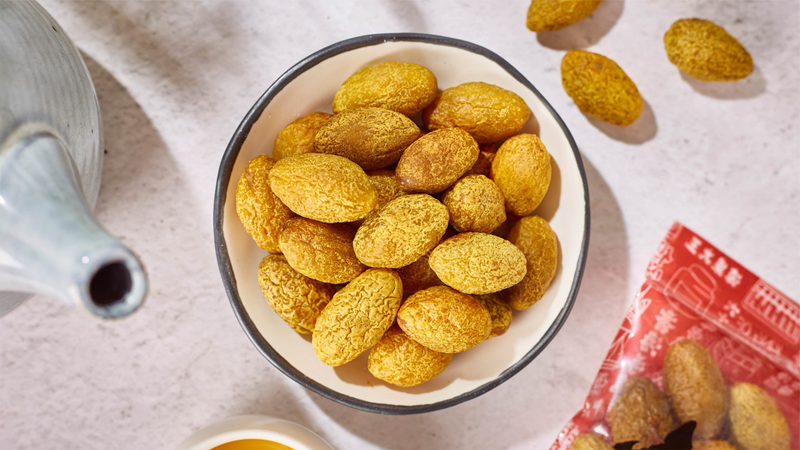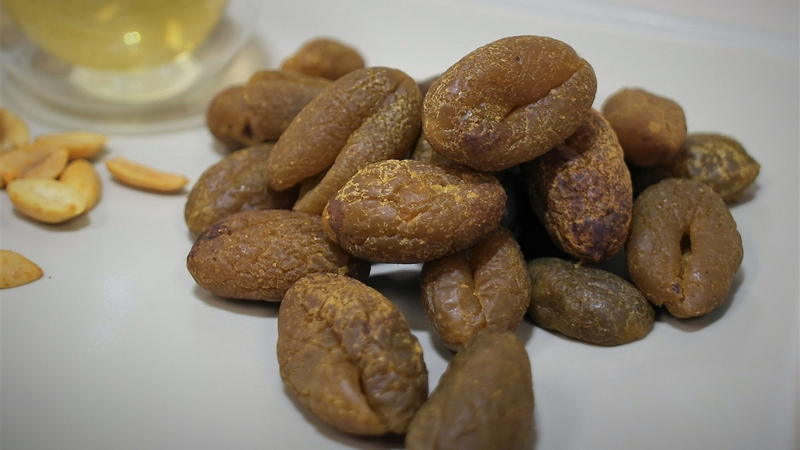Licorice olives are a combination of olives and licorice, two ingredients that have long been known in traditional medicine and cuisine. Olives, native to the Mediterranean region, are famous for their high antioxidant content, while licorice, native to Asia, is known for its soothing and digestive benefits.
Olives have long been loved for their high nutritional value and delicious taste. In addition, licorice olives, a product made from this fruit, are also very popular. So what are the effects of licorice olives?
Licorice olives and their nutritional value
Licorice olives are a type of olive soaked in a licorice solution. This is a unique innovation in the processing of olives, bringing a new and rich flavor to the enjoyer. The main ingredients are olives, which are small, slightly bitter fruits when unprocessed, and licorice, a sweet herb that is often used in dishes and drinks to add flavor.
In addition to olive oil, licorice olives offer a unique combination of the natural saltiness of olives and the sweet, aromatic flavor of licorice. This blend creates a new culinary experience, pleasing food lovers who are always looking for variety in flavor. Licorice olives can be used as a snack, appetizer, or added to other dishes such as salads, pizzas and side dishes. This gives licorice olives versatility in the preparation and use in cuisine.

Olives are rich in antioxidants.
Olives are rich in antioxidants, vitamin E and unsaturated fats, which help improve heart health. In addition, licorice also has anti-inflammatory properties and aids digestion. In 100g of licorice olives, there will be the following nutritional composition:
- Energy: 216 calories;
- Carbohydrates: 50g;
- Total sugar: 31g;
- Fiber: 7g;
- Sodium: 1772mg.
The above nutritional information shows that licorice olives are a low-calorie option, contain no protein or fat, and provide a moderate amount of carbohydrates along with fiber. However, the sodium content in licorice olives is quite high, so people should consider when using it.

Licorice is a familiar herb in Oriental medicine.
What are the effects of licorice olives?
Not only is it an attractive snack, licorice olives also bring many health benefits such as strengthening the immune system, promoting metabolism, preventing colds, fighting inflammation and relieving pain. In addition, it also helps reduce fatigue and improve antioxidant capacity, thereby contributing to anti-aging. Eating this fruit, we receive the benefits of olives and licorice.
- Regulating the immune system: Glycyrrhizic acid in licorice olives has the ability to strengthen the immune system, reduce inflammation and effectively support the treatment of autoimmune diseases. Compounds in licorice have the ability to increase the body’s resistance, protecting against infection.
- Promote metabolism: Terpenoids in licorice olives help enhance the body’s fat metabolism, supporting weight loss. Licorice can help soothe the stomach lining, reduce symptoms of heartburn and indigestion.
- Prevent colds: Licorice olives have antiviral and antibacterial properties, which help prevent colds. Licorice is often used to relieve cough symptoms and support the treatment of respiratory problems.
- Anti-inflammatory and pain relief: Glycyrrhizic acid in licorice olives has effective anti-inflammatory and pain-relieving effects, and also supports the treatment of diseases such as rheumatoid arthritis and bronchitis. Licorice contains glycyrrhizin, which has anti-inflammatory effects, helping to reduce symptoms of inflammation and autoimmune diseases.
- Reduce fatigue: Polysaccharide compounds in licorice olives can improve the body’s resistance and reduce fatigue.
- Enhance antioxidant capacity: Polyphenols in licorice olives help enhance the body’s antioxidant capacity, contributing to the prevention of liver cancer and cardiovascular diseases.
- Promote liver health: Research shows that licorice has the ability to protect the liver and support liver function, helping to eliminate toxins.
- Skin Beautification: With its anti-inflammatory and antioxidant properties, licorice is also used in skin care products to brighten skin and reduce acne.

Licorice olives have many health benefits.
Side effects of licorice olives to watch out for
Olives and licorice are two herbs that stand out for their many health benefits.
When combined, they form a great duo that complements each other. Licorice has anti-inflammatory and immune-boosting properties, while olives are rich in antioxidants, which help protect cells from harmful agents.
This combination not only benefits the digestive and respiratory systems, but also helps reduce inflammation and improve health. However, when using this fruit, people also need to pay attention to the following side effects:
Olives are often soaked in brine, resulting in them having a high salt content. Eating too much salt can cause high blood pressure and increase the risk of cardiovascular disease. At the same time, eating too much salt can also cause water retention in the body, leading to swelling and kidney problems.

Licorice olives may cause some unwanted side effects.
In addition, excessive use of licorice can cause electrolyte imbalance, especially potassium, leading to cardiovascular and muscle problems. When eaten in excess, licorice can cause water retention and high blood pressure, which is dangerous for those who already have blood pressure problems.
In addition, licorice can also interact with some drugs such as antihypertensive drugs, diuretics and anticoagulants, reducing the effectiveness of these drugs or causing unwanted side effects.
With its wonderful nutritional effects, licorice olives are a delicious and healthy dish if used properly, helping to optimize our health. Hopefully, through this article, you have more useful information to consider adding licorice olives to your diet and beauty regimen in the most effective way.





